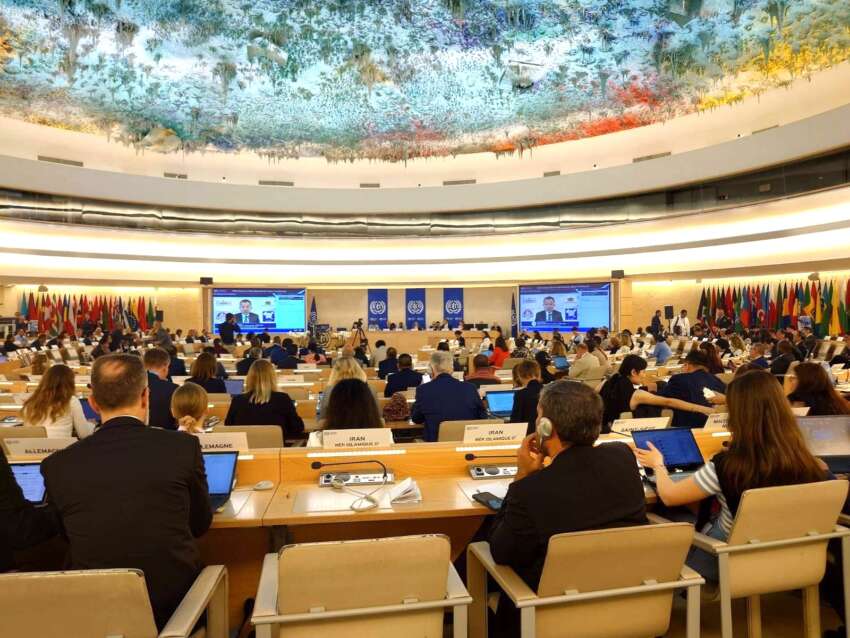
The Chairman of the Confederation of Trade Unions Myanmar (CTUM), U Maung Maung, has clarified that the International Labour Organization’s (ILO) decision to impose Article 33 sanctions on Myanmar’s military council will not affect the general public but will primarily target jet fuel supplies and foreign currency flows connected to the military regime. This explanation comes in response to the decision made at the 113th International Labour Conference in Geneva, Switzerland, where the ILO decided to take action against the military council for forcing youth and workers into military service through conscription laws and violating labor and human rights.
U Maung Maung emphasized that there have been misleading reports suggesting these sanctions would harm Myanmar’s general population through economic restrictions. He clarified that the ILO’s decision specifically targets the military council and their business interests. The sanctions will focus on reviewing the military’s use of aviation fuel, monitoring foreign currency flows, and investigating businesses owned by military leaders and their family members, including military-owned enterprises like Union of Myanmar Economic Holdings Limited (UMEHL) and military-owned telecommunications companies.
Addressing concerns about foreign investment withdrawal and potential Chinese investment dominance, U Maung Maung explained that approximately 95 percent of private industrial production is already under Chinese ownership, making additional concerns about Chinese business expansion unnecessary. He stressed that the sanctions would not impact basic industrial sectors such as the garment industry or affect ordinary workers. The chairman specifically addressed misconceptions about how restrictions on jet fuel and financial flows to the military council would affect factory workers in industrial zones like Hlaing Tharyar, emphasizing that these measures are precisely targeted at military-related operations and businesses.
U Maung Maung also referenced a similar situation in 2000 when the ILO imposed Article 33 sanctions during Senior General Than Shwe’s military dictatorship. He explained that the current situation is different, with sanctions specifically designed to cut off financial flows to the military council while minimizing impact on the general population. The CTUM chairman emphasized that these targeted sanctions would affect military-owned businesses and their associates while protecting the interests of ordinary workers and citizens, demonstrating the ILO’s commitment to supporting the Myanmar people while pressuring the military regime.



